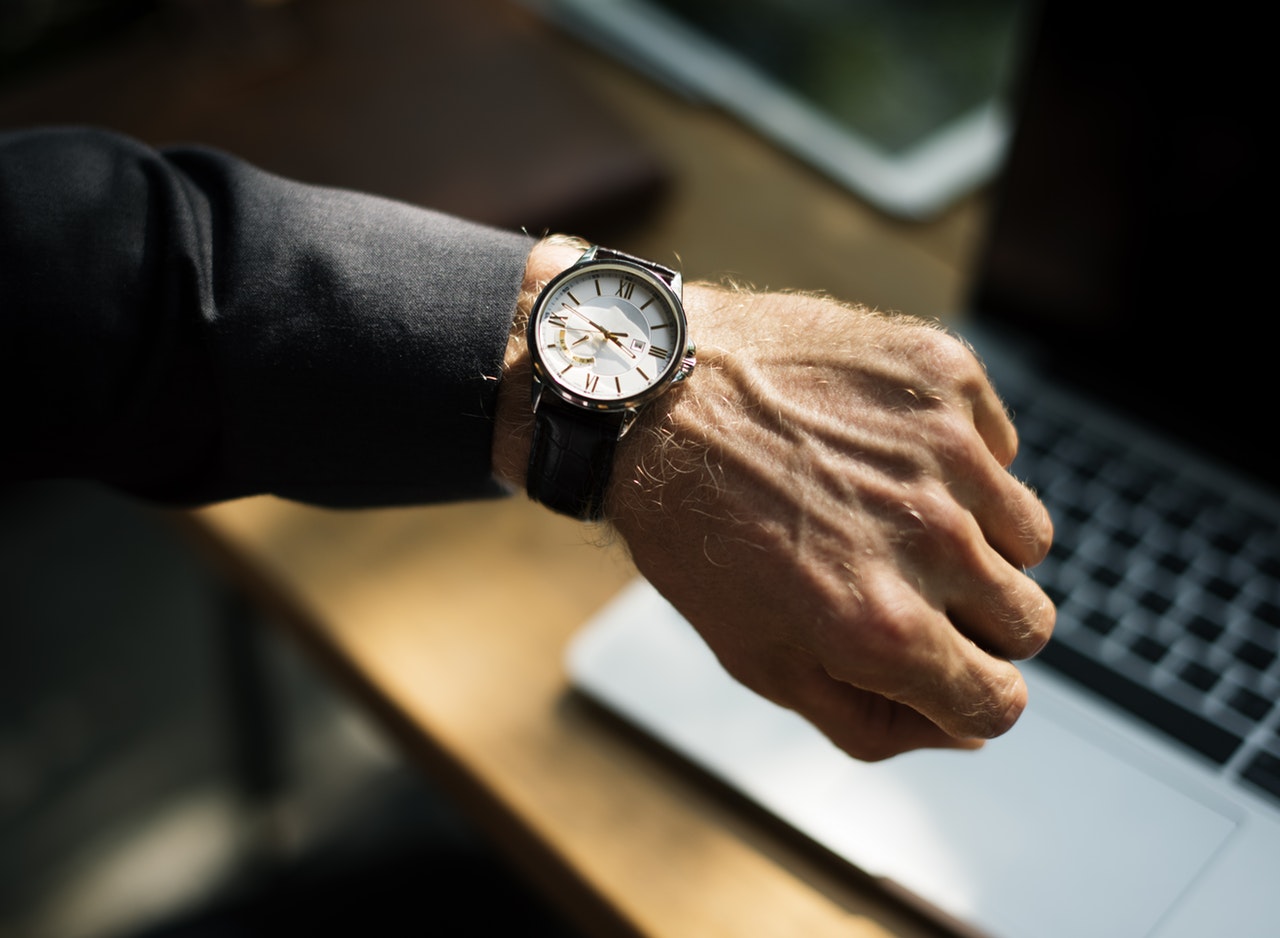Stop Putting Off Your Procrastination Problem
Procrastination — some call it an art, while others consider it a problem. There are those that seem to be genuinely not stressed by the fact that they’ve set aside a major payment, project, or life decision for days, weeks, months, you get the point. There are also those who use procrastination to AVOID the stress or consequences of having to face the issue at hand. In either case, stress is usually at the end of that tunnel.
Procrastination isn’t all bad though. Sometimes we intentionally procrastinate. Some might call it priority setting, to take care of more important things. So where is the line between “healthy” procrastination and it being a problem?
Procrastination Art vs Problem
One of the biggest ways to assess if your procrastination habits is an art or problem is to look at the fruits of your procrastination. If you put something off, but eventually tackled it and felt like you took a path of least resistance, then you may be a procrastination artist. Sometimes we need to put our sanity first and prioritize our self care. It won’t be the end of the world if you folded the laundry a day or three later so you could take a long bubble bath one night and had a night out with friends the other.
If your procrastination tree is yielding fruits of stress, affecting your health, the health of those you are in charge of, your job, or interpersonal relationships, you may be in the realm of “room for improvement.”
How to Not Procrastinate my Procrastination Problem
Depending on your specific circumstance, some can tackle this sans a mental health professional. In some circumstances, procrastination can cause some serious detriments on your physical and mental well being, such as: not paying rent to the point of eviction, not keeping personal hygiene to a noticeable level, or consistently missing deadlines, thus jeopardizing your job. In those situations and those of similar severity and nature, it may be, there are some other mental health issues at play such as: anxiety, depression, phobia, or others. Seeing a professional mental health counselor, attending group therapy, or even a social worker if there are some social economical issues inhibiting your ability to change could help.
Some DIY tips to help with procrastination could be:
- Take a deep breath and just start. Even if it is SMALL, I’m talking like, you made a list. Sometimes, once we start, the momentum gets us, and before you know it, BOOM, you’re done!
- Reward yourself. You made a list, good job, you started, eat a piece of chocolate or whatever. Maybe set in your mind a grand prize if you get the grand task completed. You can condition your noggin to associate working with positive happy reward.
- Chunk your work. If the project is big, it may seem overwhelming, sinking you into that dark spiral of avoidance. Break your work down to bite size pieces.
- Wake up early. Are you so crazy busy and there just isn’t enough hours in the day? Know yourself and wake up an hour or 15 minutes early, whatever you can do, and set that “extra” time to be 100% devoted to the object of your procrastination.
- Spread the word. It might help if you tell someone what you’re doing. Set some goals and tell someone about it. You can ask them to check in with you and help you stay accountable.
Whatever your style may be, find what works for you and good luck, tomorrow, when you take on your procrastination.
Kidding, go do it right now, don’t wait for tomorrow. Carpe diem!
If you’re really struggling with procrastination, focusing, time and stress management, prioritizing, please contact Crownview Medical Group. We have many great trained professionals who can help propel you forward.

Dr. Melden earned his Doctorate in Osteopathic Medicine at Philadelphia College Osteopathic Medicine and went to USC Presbyterian Hospital for his residency in Family Medicine. He then completed his Psychiatric residency at the University of California, Irvine and went to UCSD Geropsychiatry pursuing a fellowship. Dr. Melden has over 14 years of experience as a clinician specializing in treating child and adolescent, adult and geriatric clients. He has devoted his life to psychiatry in a variety of different treatment settings including in- patient and out-patient environments. He specializes in the psychiatric evaluation, complementary therapy approaches, and medical management of individuals suffering from mental illness. Currently, he maintains a private practice with Crownview Medical Group in Coronado and Carlsbad, California where he is CEO/President.


 Myriame Nicolas, PMHNP-BC
Myriame Nicolas, PMHNP-BC
 Charlie Perez, PMHNP-BC
Charlie Perez, PMHNP-BC Kimberly Umansky, FNP-C
Kimberly Umansky, FNP-C Joanne Talbot Miller, M.A., LMFT
Joanne Talbot Miller, M.A., LMFT J. Heather Fitzpatrick, LCSW
J. Heather Fitzpatrick, LCSW Agata Nowakowska
Agata Nowakowska Brianna Meacham
Brianna Meacham Maha Moses, PhD
Maha Moses, PhD Rebecca McKnight, PsyD
Rebecca McKnight, PsyD Tiffany Holm N.P.
Tiffany Holm N.P. Dede Echitey, PMHNP-BC
Dede Echitey, PMHNP-BC Apneet Mann, FNP-C
Apneet Mann, FNP-C Rachael Hueftle, NP
Rachael Hueftle, NP Kelvin Poon, MSN, PMHNP-BC
Kelvin Poon, MSN, PMHNP-BC



